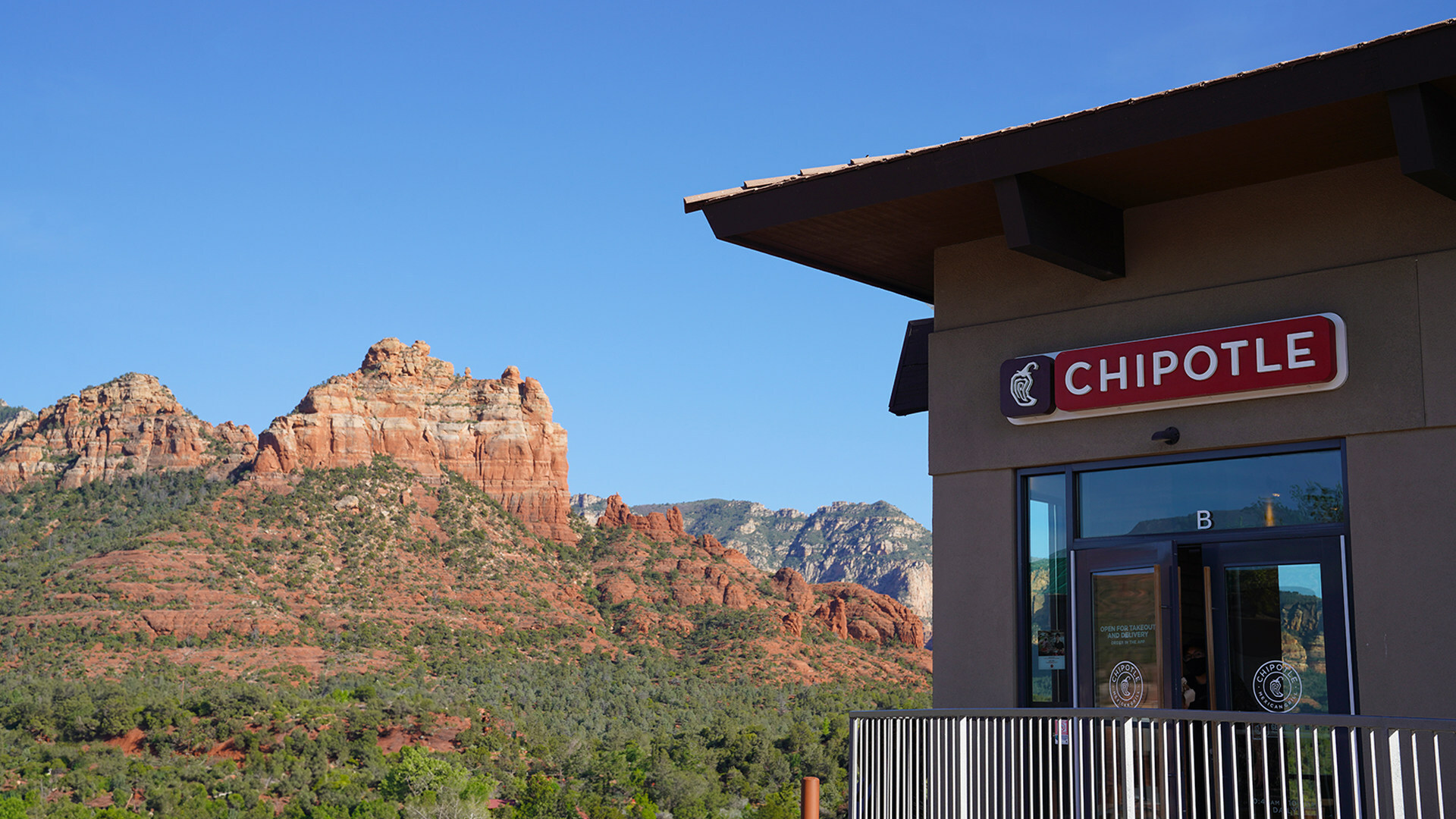The post-Brian Niccol era is underway at Chipotle Mexican Grill (CMG 5.06%), and it’s off to an inauspicious start.
Shares of the burrito chain are down about 8% since the company missed top-line estimates and reported its slowest earnings growth in more than two years.
Chipotle posted same-store sales growth of 6%, which contributed to revenue’s 13% rise to $2.79 billion, though that fell short of the analyst consensus at $2.82 billion.
Further down the income statement, its restaurant-level operating margin fell from 26.3% to 25.5% as food costs rose due to higher prices for avocados and dairy. Management also said it used more ingredients due to efforts to ensure “consistent and generous portions.”
However, the company saved money in stock-based compensation expense due to Niccol’s departure, and operating margin increased from 16.0% to 16.9%, leading earnings per share up 17% to $0.28. That topped the consensus estimate at $0.25, but it was also the company’s slowest earnings growth in the last two years.
With Niccol now at Starbucks, Chipotle is at a pivotal moment. Let’s take a look at three questions management needs to answer for investors.
Image source: Chipotle.
1. Will Scott Boatwright be the permanent CEO?
Niccol announced his departure more than two months ago and officially left for Starbucks in September.
Chipotle and its investors were clearly surprised by the move, and the company promoted Chief Operating Officer Scott Boatwright to interim CEO.
The future of Chipotle’s leadership is still unclear, but investors deserve some clarity on the situation, at the very least by the next earnings report.
Keeping Boatwright on as the permanent CEO would seem to make sense based on the company’s success under Niccol, as he’s likely the best prepared to carry on that legacy.
The company previously said, “Boatwright played a critical role as part of the leadership team that created and executed the turnaround strategy,” and he “will continue to execute the company’s strategic plan without interruption.”
While there’s a clear blueprint for Chipotle’s growth, whoever the next CEO is will have to put their own imprint on the company as well, and Chipotle’s board should make that decision sooner rather than later.
2. How high can restaurant-level operating margin go?
Chipotle is a straightforward business, and there are only a few key drivers to its performance. The company has to open new restaurants, grow same-store sales, and, ideally, expand its margins.
Of all its margins, restaurant-level operating margin, which subtracts food, labor, rent, and other direct operating costs from revenue, is the most important.
Chipotle had been steadily growing restaurant-level operating margin, but that hit a wall in the third quarter as it fell from 26.3% to 25.5%. The company has never given a target for restaurant-level operating margin, but investors seemed to have assumed it can continue pushing higher, especially as the company grows same-store sales.
As a restaurant business, there’s a ceiling on the metric as Chipotle cannot scale the same way a tech company can. But with the stock trading at a price-to-earnings ratio of nearly 55, investors seem to be counting on continued margin expansion, and they could use some clarity from management on what the long-term expectations are.
3. Are there better options for its capital?
Chipotle is now spending most of its profits on share buybacks, but that seems like a questionable strategy with the valuation as high as it is.
Past efforts to launch new brands, including ShopHouse, Pizzeria Locale, Tasty Burger, and Farmesa have all failed. But there are other options for Chipotle, such as investing in existing restaurant chains or new technology that could transform the industry.
Chipotle also seems like a mature enough company to pay a dividend, but it hasn’t initiated one yet. Paying a dividend would complement the share repurchases program.
Overall, the company’s capital deployment strategy should be a focus for the incoming CEO.
Is Chipotle a buy?
Chipotle is still a wonderful business, but with its premium valuation, uncertainty around its leadership, and slowing growth on the bottom line, there are reasons to hit the brakes.
The company aims to open 7,000 restaurants in North America, but that’s less than double what it has today. In other words, it will need to deliver strong comparable sales growth for the stock to pay off from here.
Given its undisputed leadership in the fast casual industry, Chipotle is still a solid pick for long-term investors. But I’d like to see more clarity from management on the questions raised above — and possibly a lower share price — before calling the stock a buy.

